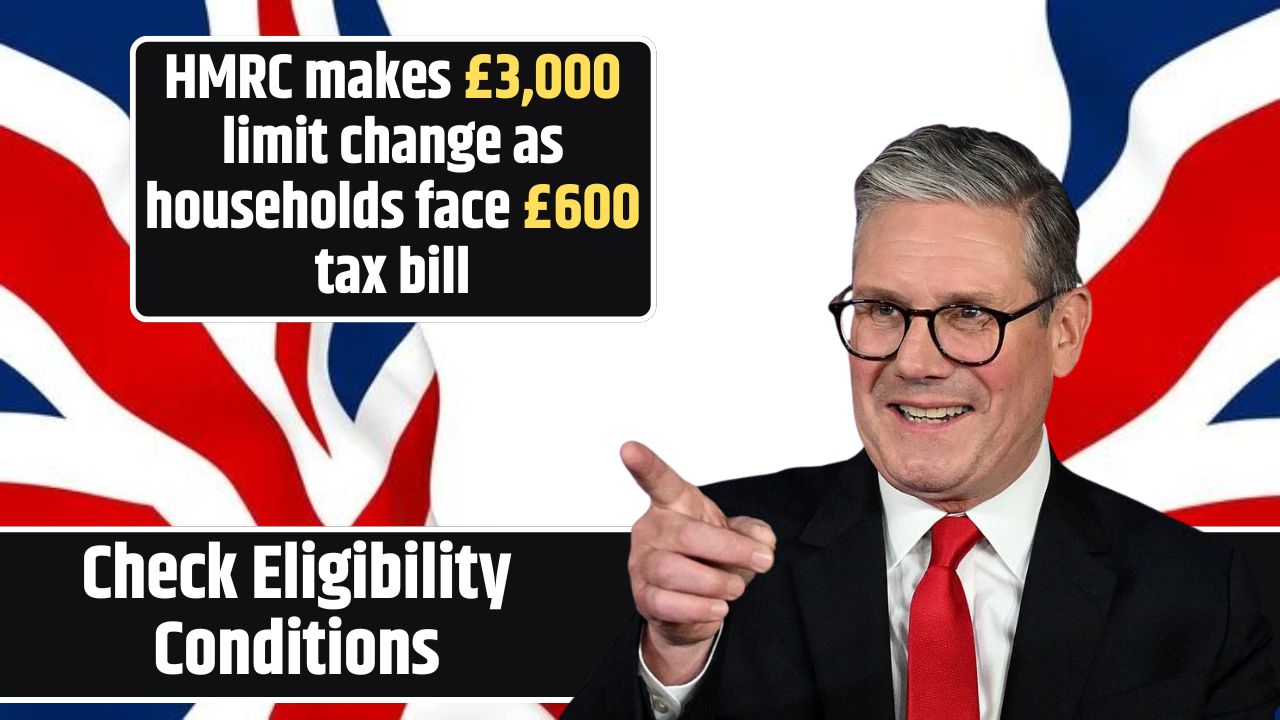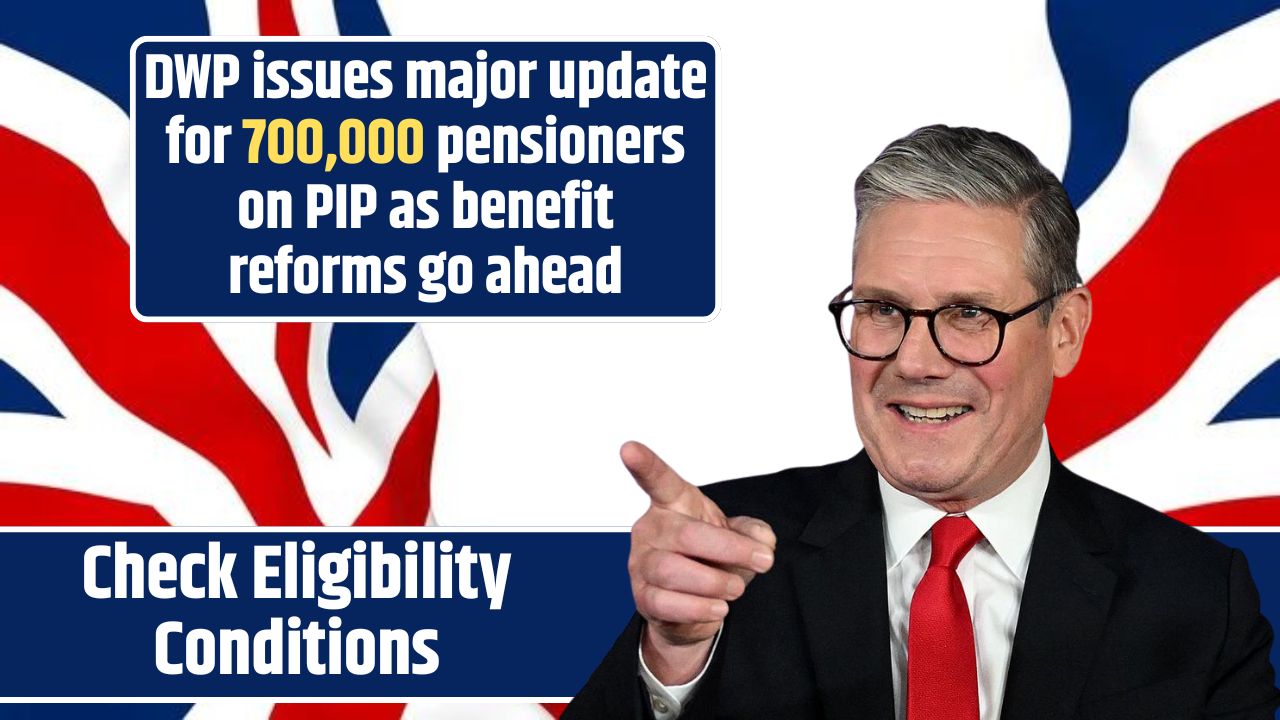As the Labour government pushes forward with plans to tighten eligibility for Personal Independence Payment (PIP), a key clarification has been issued: pensioners will not be affected by the upcoming changes. The announcement, made by Pensions Minister Sir Stephen Timms, comes amid growing concern over welfare reforms that could impact hundreds of thousands of claimants.
What Is PIP and Who Currently Receives It?
Personal Independence Payment (PIP) is a benefit designed to help people with long-term physical or mental health conditions manage the extra costs of daily living and mobility. As of January 2025, over 3.7 million people across England, Wales, and Northern Ireland receive PIP. Of these, 690,186 are aged between 65 and 79, highlighting the widespread reliance on this support among older adults.
What Are the Proposed Changes?
Under Labour’s “Pathways to Work” green paper, the government plans to implement a new eligibility rule requiring claimants to score at least four points in one daily living activity to qualify for the daily living component of PIP. This measure is aimed at encouraging more working-age adults to return to employment, while reducing the overall welfare bill.
These changes are expected to take effect from November 2026, pending parliamentary approval, and will apply only to new claims and reviews conducted after that date.
Pensioners Will Be Exempt
In response to concerns from Labour MP Paula Barker, Sir Stephen Timms stated clearly that people of state pension age will not be affected by the changes. According to existing policy, those over state pension age are not routinely subject to full reviews of their PIP awards.
“People of state pension age are not routinely fully reviewed and will not be affected by the proposed changes,” Timms said in his official written response.
Special Provisions for End-of-Life Claimants
Independent MP Apsana Begum also raised concerns about PIP access for people nearing the end of life. Timms reaffirmed that the enhanced rate of PIP will remain accessible for those with a life expectancy of 12 months or less, under the special rules for end-of-life care.
The fast-track application process—which currently processes claims within two working days—will continue unaffected.
“These individuals are among the most vulnerable in society and need fast-track and unqualified support,” Timms added.
Political Fallout and Backbench Rebellion
Despite reassurances for pensioners and terminally ill claimants, the broader PIP reforms have triggered backlash within the Labour Party. Over 100 MPs may join a backbench rebellion, according to reports, fearing that the tighter eligibility could unfairly penalize vulnerable working-age individuals.
Labour MP Peter Lamb voiced his opposition on BBC Radio 4’s Westminster Hour, saying he would vote against “anything which is going to restrict access to PIP further.”
Many within the party are reportedly “deeply uncomfortable” with the direction being taken by Work and Pensions Secretary Liz Kendall, who remains firm on reducing the welfare bill. In a recent speech, Kendall framed the issue as an economic and social crisis, pointing out that the UK remains the only G7 country yet to return to pre-pandemic employment levels.
Projected Impact
According to the Office for Budget Responsibility (OBR), the proposed changes could affect up to 800,000 recipients, though independent analysts warn the real number could be even higher.
| Group | Impact |
|---|---|
| Working-age PIP claimants | Could face stricter eligibility from Nov 2026 |
| Pensioners (State Pension Age) | Not affected by upcoming changes |
| Terminally ill (less than 12 months) | Continue to receive fast-track, enhanced PIP |
Reform UK Response
Seizing the opportunity to court discontented voters, Reform UK leader Nigel Farage is expected to pledge the restoration of full winter fuel payments and the removal of the two-child benefit cap. These moves are aimed at winning over traditional Labour supporters who may be unsettled by the government’s tightening of welfare policy.
















